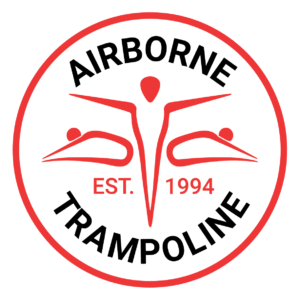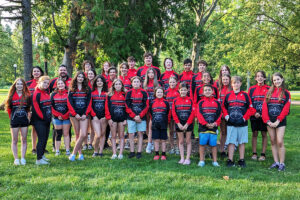Developing a Gymnastics Trampoline Coaching Philosophy Part 2
Four Phrases a Gymnastics Trampoline Coach should Never Say to a Student
3: DO IT BETTER
Let me preface this part by agreeing that the word “better” is in and of itself benign and can be very helpful in motivating performance when used in a very limited context. This context can only refer to progress that has already been achieved by the gymnastics trampoline class or individual athlete. We can congratulate an athlete by acknowledging that they did their jumps better, or that their jumps were better than before. We should not simply tell an athlete that they must do a particular skill better. This is open-ended and leaves too much room for interpretation of what constitutes a “better” skill. Without technical advice this word is far too subjective to mean anything practical to the person in training. I propose that “different” is a much better word to use if a coach needs to use a term to imply changes to performance. When we ask someone, in any field, to do things differently we set up the cognitive expectation of direction and advice. If I am asked to do something differently, then it follows that I must be told how. Using this will engage the student in actively seeking the advice of the coach. I maintain that coaches should be volunteering a great amount of technical advice from the offset of the coach-athlete relationship, yet, too many are simply dispensing commands to improve without offering a method to achieve this outcome.
4: CAN’T
And last, but as they say, not least; the proverbial insult to all performance disciplines (including gymnastics trampoline) and to progress in general. This isn’t new to our society, and our norms of education and success; however, after its vehement denouncements became nothing more than simple platitudes, people are still throwing it around like the harmless and efficient contraction that it seems to be. We know that “can’t” is a dirty word in the mouth of people wanting to learn to perform, but we seem to ignore it as such when employed by those in positions of instruction. As teachers we should never tell our pupils that they can’t do something. This word implies that a limit has been reached, that the student has arrived at an obstacle that they are incapable of overcoming, and because of a coach’s place of authority in the student’s life it may solidify this limitation as truth – the repercussions of which may be disastrous.
If a student insists on performing a particular task and the coach should be able to redirect the student’s intentions without reference to his physical prowess; instead other circumstances should be offered as reason for working on other aspects of training. It is much more efficient to simply direct the student to the more important task with direct commands and simple statements. These words are by no means the only linguistic mistakes we make as social people, but they have the most negative impact on performance of any type. I will submit that lessening their use will improve more than your coaching results – it will make you a better communicator in general.
This concludes part 2 of this article.
This article was crafted by Peyton Dracco, a Gymnastics Trampoline and N.C.C.P. Certified Coach at Airborne Trampoline North in Newmarket.
Follow Peyton Dracco on Twitter at @pdracco
_________________________________________________
For more information on Airborne’s Trampoline and Gymnastics Trampoline Programs, contact any Airborne location by jumping over to www.airbornetrampoline.ca
Airborne Trampoline
Check Out ALL of Airborne’s Amazing Locations.
Airborne Trampoline North: Newmarket
Airborne Trampoline Club: Woodbridge
Airborne Trampoline Centre: Mississauga
Airborne Trampoline KW: Cambridge.
Airborne is a proud member of Gymnastics Ontario.


